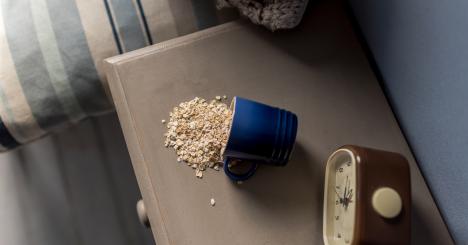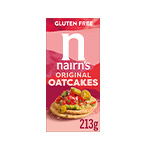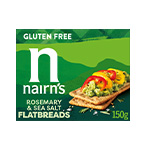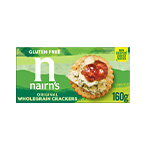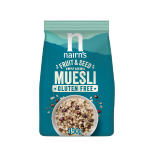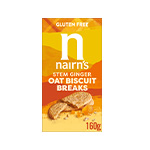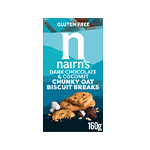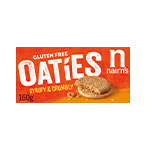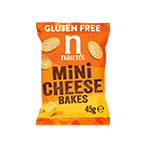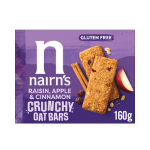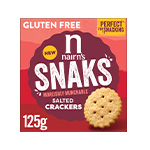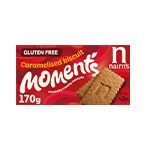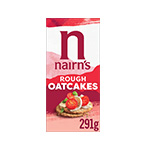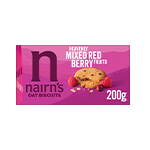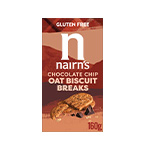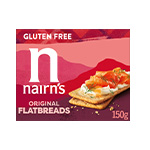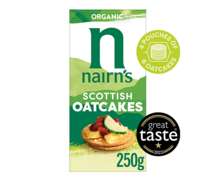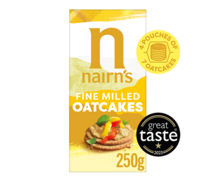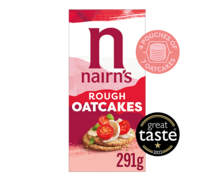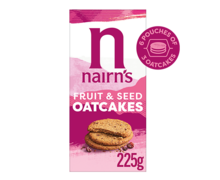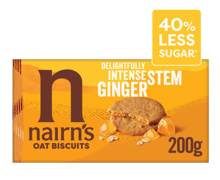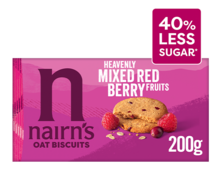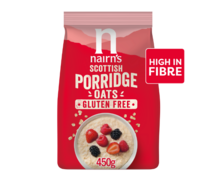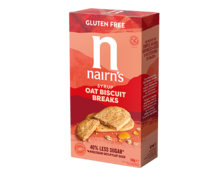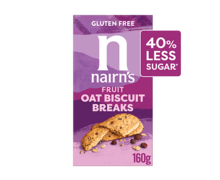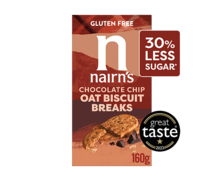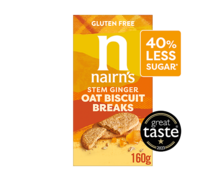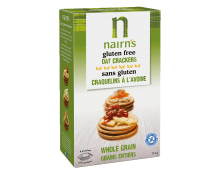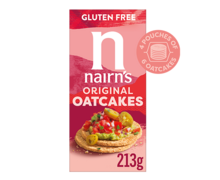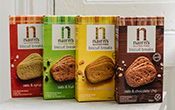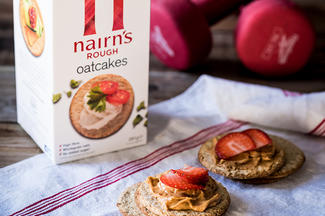
Most of us are aware that good bacteria are important for helping to maintain a healthy digestive system. Some of you will also know about the microbiome, the collective name for the community of microorganisms that exist primarily in the gut. The balance of these bacteria is now understood to be a crucial factor in a wide spectrum of common family health issues, from allergies, intolerances and eczema to overall immunity. Scientific trials have also suggested links between a child’s microbiome and behaviour, as well as autism spectrum disorders.
Talking about trillions of microbes might seem a tad overwhelming, or at least it's unlikely to be your dinner party conversation. But, if you understand that you can influence the health of that microbiome through simple changes, even within 24 hrs, then it’s more than worth the small amount of time and effort it takes. Most are diet related, but some are as simple as letting your child play about in the mud, or play with family pets.
Here are my top 10 ways to help your family’s gut health:
1. Even before giving birth, pregnant mothers can do ground work by improving their own diet and consuming foods or supplements rich in beneficial bacteria.
2. Breastfeeding, if at all possible, is hugely beneficial for a young baby’s gut flora. This is especially important for those infants born by caesarean section, as their gut flora is different. The transit through the birth canal is the first inoculation of bacteria and a C-section will bypass this step.
3. From weaning and beyond, serve up lots of vegetables. They contain prebiotic fibre that helps good bacteria thrive. Diversity is important so add new foods each season.
4. From a young age (my kids had them from toddler years), add natural foods containing beneficial bacteria. Live cultured yogurt is a source but many yogurts are sweetened, especially those targeted at children. Kefir is similar to yogurt and is a much better source of bacteria. It has got a tangy flavour, so try adding some fresh fruit in the beginning if your child isn’t used to it.
5.Get the staples right. Oats and oatcakes are full of gut-friendly fibre and are easier to digest than processed wheat-based snacks. Potatoes are good for the gut, fries and chips are not!
6. Keep sweets and sugary foods to an occasional treat only. Be sugar savvy - sugar that is found in processed foods or drinks, so called ‘free sugars,' are the dangerous type, rather than natural sugars, such as those in a fibre rich banana. Free sugars have a disruptive, negative impact on the microbiome and on wider health.
7. A child’s microbiome benefits from being exposed to the bacteria from domestic animals. So, if you have them, cuddles with Smudge the cat or Rover the dog are to be welcomed! However, maintain the usual hygiene rules for outings to farms, zoos and wildlife parks.
8. Embrace playing in the mud and use natural cleaning products to wash children, and their clothes afterwards. Too much cleaning can actually be bad.
9. Avoid unnecessary antibiotics. If your child, or any member of your family, is put onto a course of antibiotics try to follow up with a high strength, multi-strain beneficial bacteria supplement afterwards for at least three weeks. Look for multi-strain brands that are designed for the age range of your child.
10. Last but not least, talk to your children about gut health. It can help to visualise the bacteria in their bodies as a pet that has to be fed, alongside the body. Make it fun and engaging and they will soon be gut health savvy!


